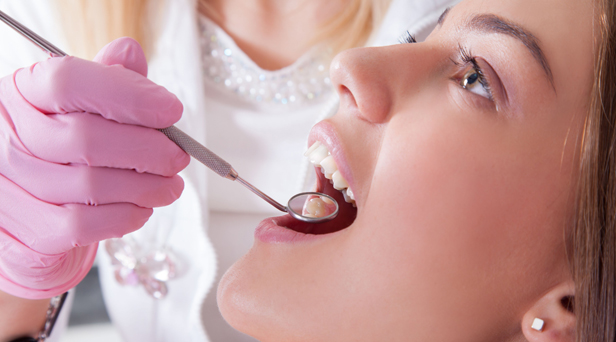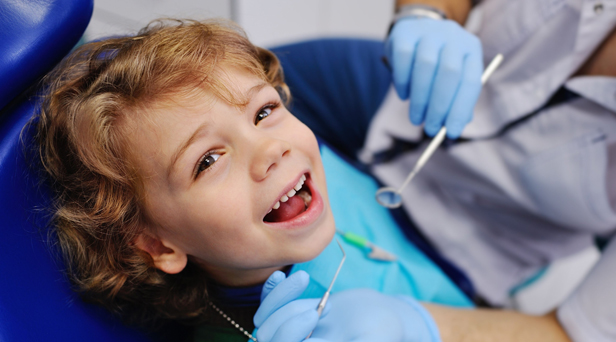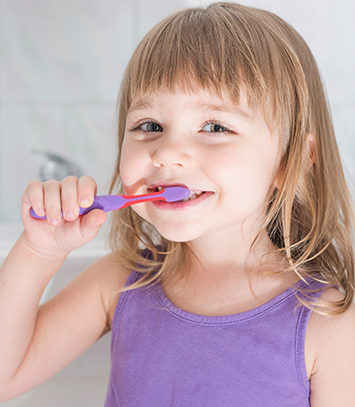Oral Hygiene
What is Oral Hygiene?
Oral hygiene involves cleaning your teeth, gums, and mouth. Proper oral hygiene should be practiced daily as part of your preventative care routine. Children and adults should all practice good oral hygiene. Hygiene consists of brushing your teeth at least twice every day, and flossing daily. It can even include scraping your tongue and using mouthwash. Professional oral hygiene refers to routine dental cleanings performed in-office. A good oral care regimen involves both at-home and professional hygiene treatment.

Why is Oral Hygiene important?
When you take good care of your teeth, you’re less likely to deal with problems associated with poor hygiene. Teeth that aren’t brushed regularly may become decayed, or you may have bad breath, which can be embarrassing. If left untreated, hardened calculus can cause issues like gingivitis and gum disease. Proper care requires at-home and professional care, so it is important that you visit the office regularly for expert cleanings. We can also provide you with recommendations on different products you should be using to keep your teeth clean and healthy.

What are the benefits of Oral Hygiene?
One of the key benefits of oral hygiene is that your teeth will remain in good shape. You won’t suffer from as many cavities, and you will be able to fight off the bacteria that causes both gingivitis and gum disease. For children, practicing oral hygiene at home is essential to establish good habits they can practice for the rest of their lives. It is crucial that you visit the office twice a year for professional cleanings.
What can you expect with professional and routine Oral Hygiene?
Your in-office oral hygiene care involves a cleaning. The cleaning is done to remove hardened plaque and calculus from your teeth. This removes the likelihood of bad breath, as well as the hardened plaque causing issues like gingivitis or gum disease. During this appointment, your gums are checked for signs of gingivitis and disease, which can be treated if found. You will be given important at-home care instructions that you can follow to maintain healthy oral hygiene habits at home. Children who are younger than six years old may need help brushing their teeth twice a day.

We look forward to seeing you
If you want to know more about oral hygiene, or to schedule a consultation, call us now, and we can get you scheduled for an appointment.

